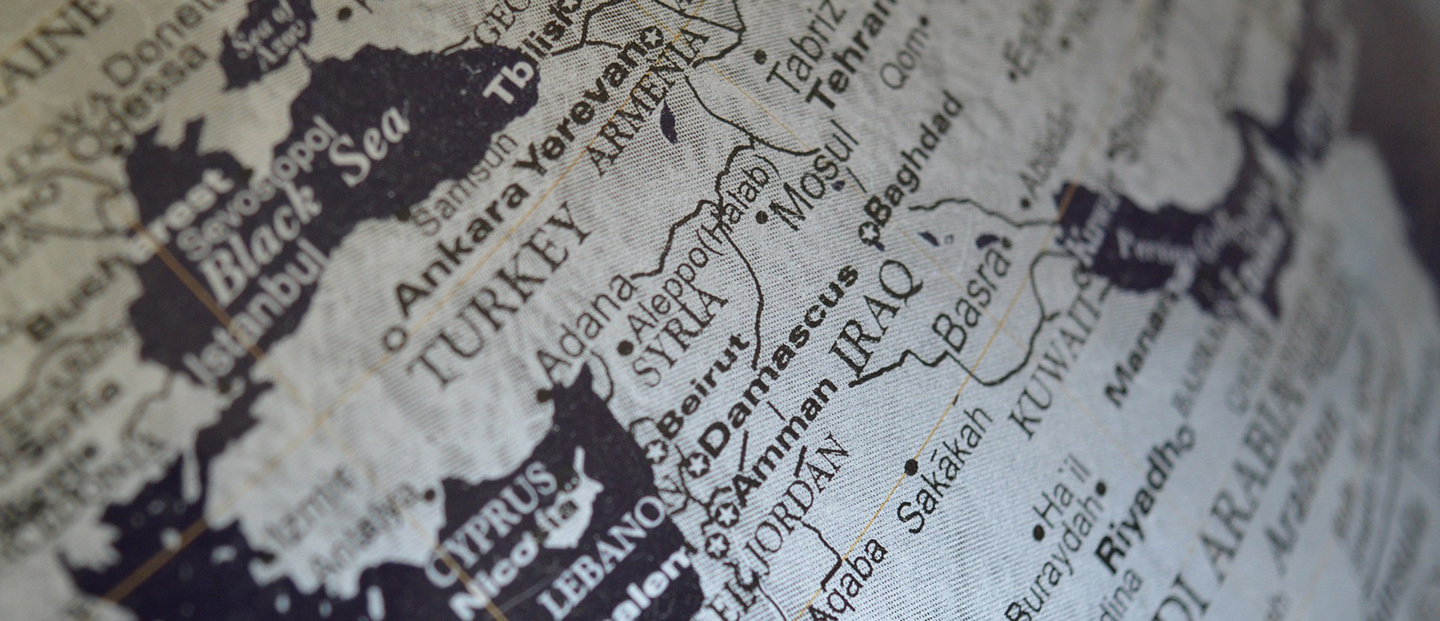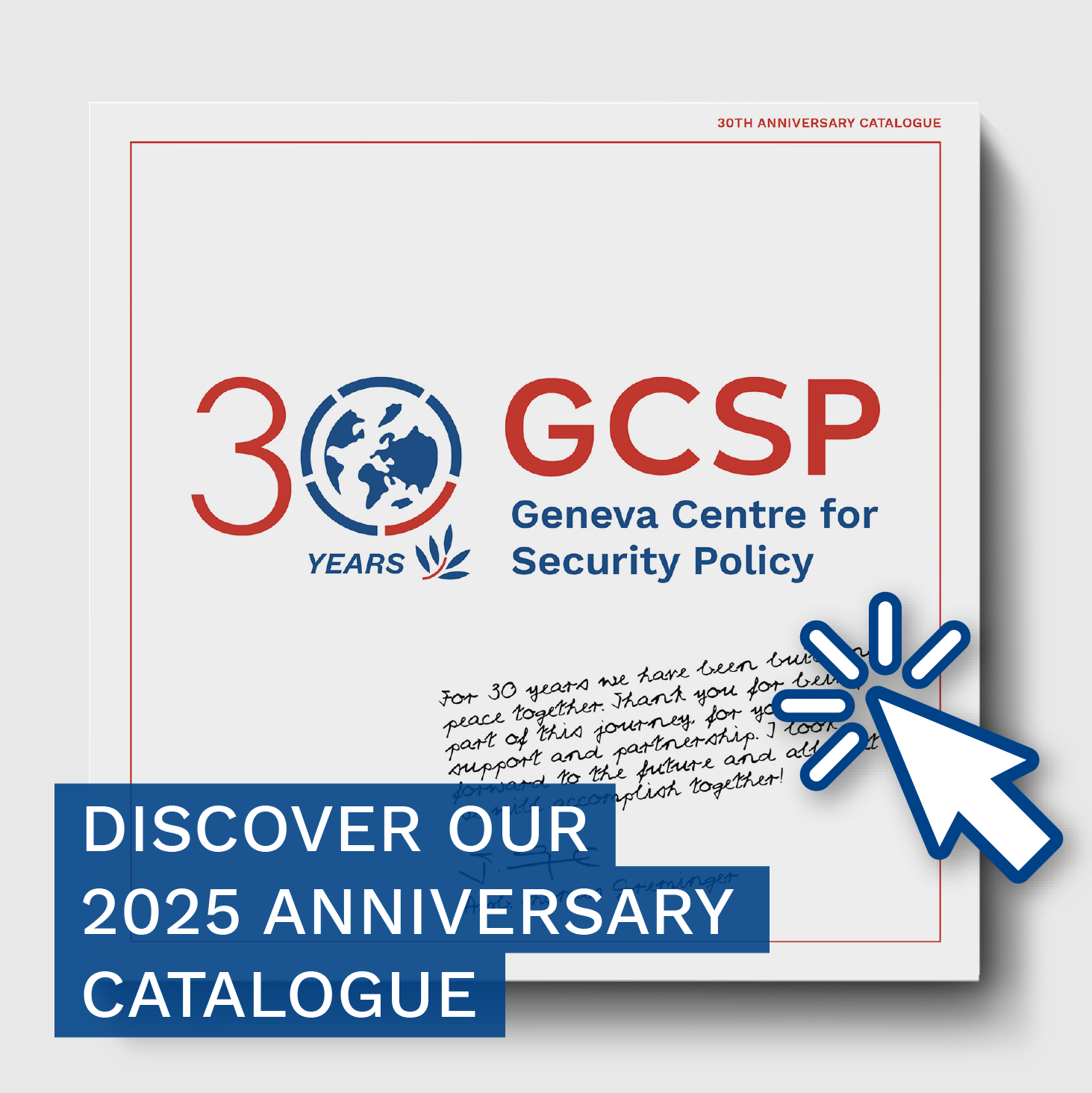Building Arms Control Capacities in the Middle East and North Africa Region - Virtual Learning Journey
In a region prone to military responses to security challenges, awareness of past arms control efforts and initiatives is crucial to crafting effective ways of addressing security threats. This course aims to build the capacity of a new generation of arms control practitioners who will be involved in the implementation of international disarmament and non-proliferation instruments in the Middle East and North Africa (MENA) region. Thinking critically and innovatively is crucial, as this region in particular requires taking into consideration the interrelationships between arms proliferation and a wide range of other security challenges, such as terrorism, state failure, organised crime, uncontrolled migration, and technological developments.
Learning objectives
After the course, participants will have enhanced knowledge and analytical evaluation of past and current efforts in the MENA region for addressing the uncontrolled spread and build-up of all categories of weapons (of mass destruction and conventional) and promoting regional stability.
Modules
- Historical background and context
- Weapons of Mass Destruction (Nuclear, Chemical, Biological)
- Conventional Weapons
- Regional Security and the Role of Civil Society
The course is mainly designed for both civilian and military government officials from the MENA region who are in charge of arms control policy at the decision-making and implementation levels. It is open to interested representatives of civil society from within and outside the region.
Free of tuition charges
All other expenses, including lodging and travel, are the responsibility of the participants or their employer. In a limited number of cases, scholarships may be available upon request by applicants from OECD-DAC eligible countries.
In a limited number of cases, scholarships may be available.



